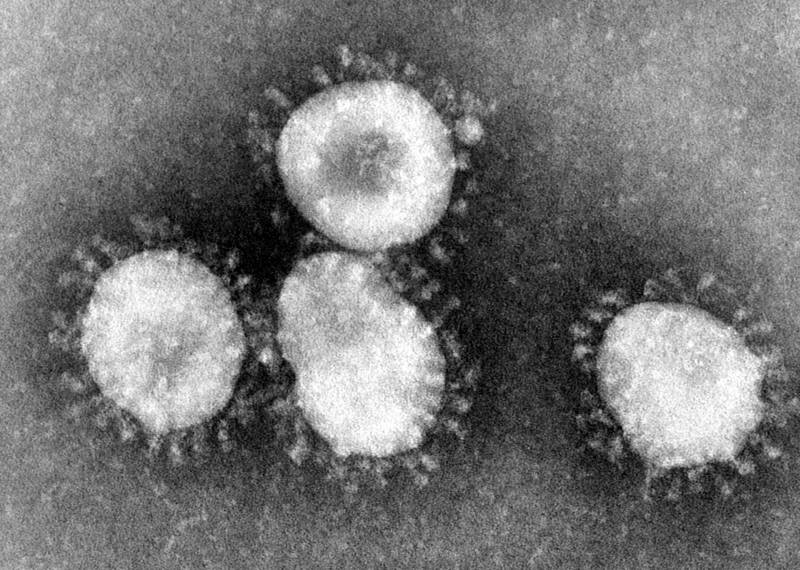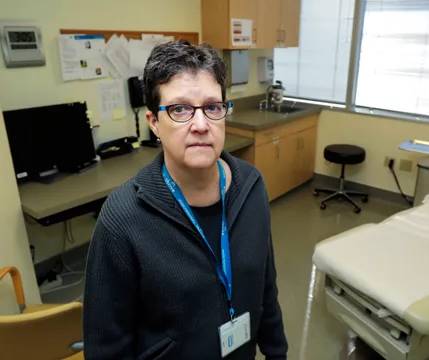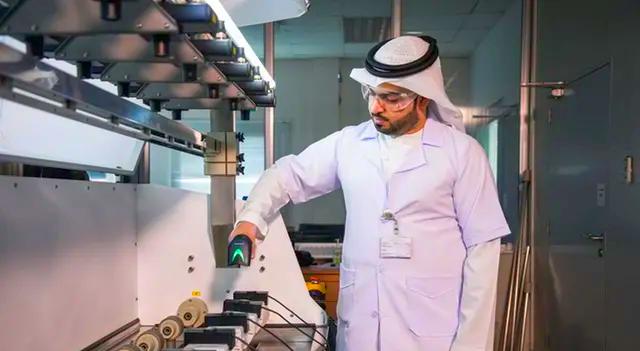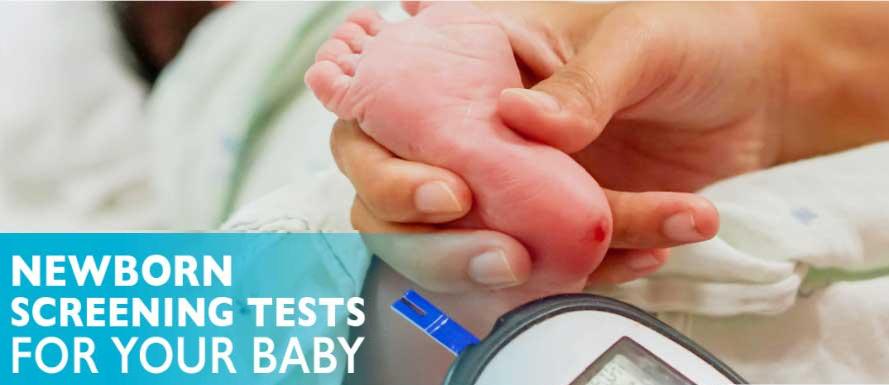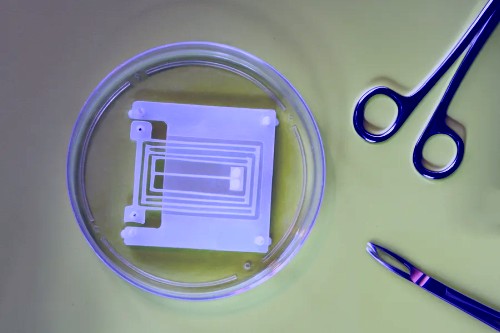GCC healthcare spending: robust growth seen in 2010
The healthcare sector in the Arabian Gulf will continue to enjoy high growth in 2010, despite the global slowdown, led by government investment in infrastructure improvement, according to leading industry observers.
“In spite of significant project delays in other non-infrastructure sectors, the pipeline of healthcare projects in the region remains remarkably robust, particularly for Saudi Arabia and the United Arab Emirates,” said Simon Page, Director of the Life Science Division of IIR Middle East, organisers of this month’s Arab Health Exhibition and Congress.
Arab Health – the biggest healthcare event in the Middle East – takes place at the Dubai International Convention and Exhibition Centre from 25-28 January 2010. With the opening of new halls providing a further 20,000 square metres, Arab Health will grow by more than 20% in 2010, Page added.
Page was speaking as Dubai-based research firm Proleads released the latest figures on current investment in both the public and private healthcare sectors in Saudi Arabia, which is leading regional demand growth.
The Proleads figures show government investment in healthcare-related projects in Saudi Arabia is currently running at more than $5 billion, compared with around $1 billion of private sector investment.
In addition, per capita health care spending in the Gulf Co-operation Council (GCC) countries is expected to continue growing faster than the global average, according to a recent report from Alpen Capital.
“Growth in income levels as well as an increase in health insurance coverage will boost demand for health care services,” the report said. “Moreover, per capita health care requirements and spending will also increase as the GCC population ages and the disease mix changes.”
The Alpen Capital report also forecasts the GCC may need in excess of 25,000 additional beds by 2020 to address growing demand for in-patient treatments. The largest share of demand is accounted for by Saudi Arabia followed by the UAE.
The Arab Health Exhibition and Congress is the flagship event of IIR Middle East’s Life Science Division and the region’s premier event for the healthcare sector. At the 2009 event, 2205 exhibitors from 59 countries showcased products and services with more than 55,000 professionals from 145 countries attending. There are expected to be around 2,600 exhibitors at the 2010 event.
Arab Health features the world’s largest multi-track medical congress at which healthcare professionals can earn continuing medical education (CME) credits. The 2010 conferences will be addressed by around 500 speakers and host more than 5,500 attendees. Sponsored by the Cleveland Clinic Centre for Continuing Education, 15 of the 18 conferences provide CME credits.
The Arab Health Achievement and Innovation Awards, recognising individuals, hospitals, departments, teams or organisations contributing to the growth and development of the industry, will also be presented as part of the event. The winners will be announced during a gala dinner on 26 January 2010 at the Grand Hyatt Hotel for more than 700 of the region’s leading healthcare professionals.
The Arab Health Exhibition and Congress is supported by the UAE Ministry of Health, Dubai Health Authority and the Health Authority Abu Dhabi.


